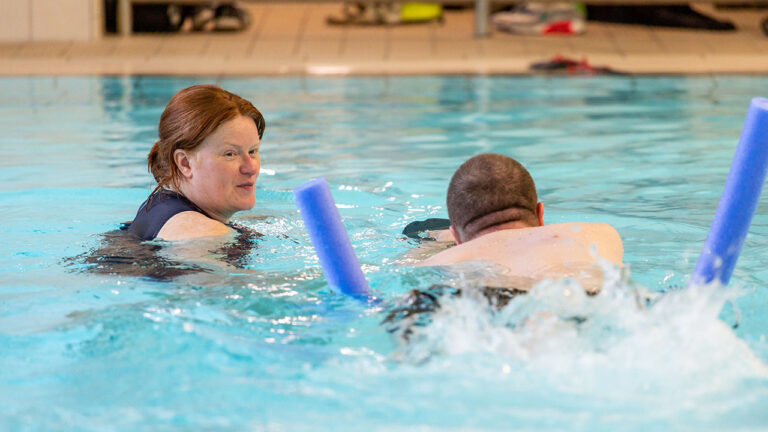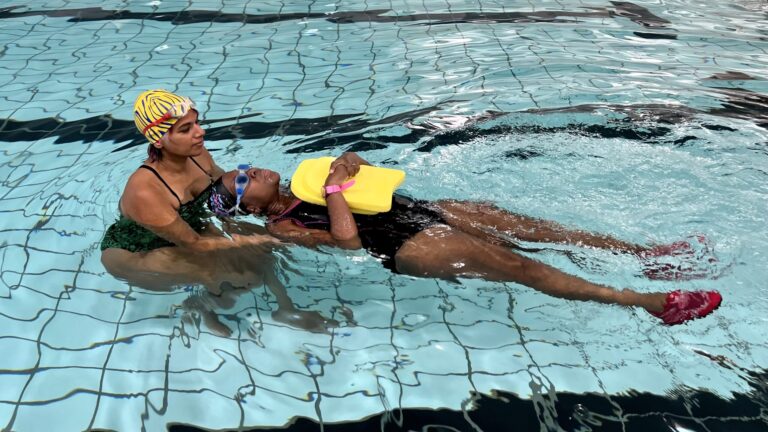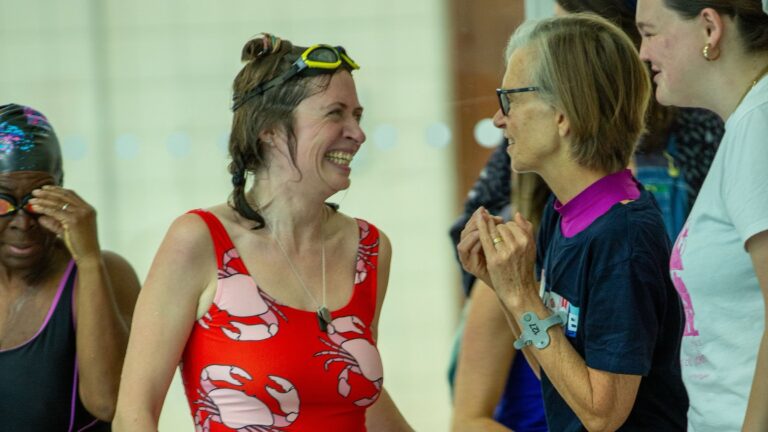Carers Week is an annual campaign to raise awareness of caring, highlight the challenges unpaid carers face and recognise the contribution they make to families and communities throughout the UK. It also helps people who don’t think of themselves as having caring responsibilities to identify as carers and access much-needed support. This year, the theme is “make caring visible and valued”, since caring often happens behind closed doors and the work that goes into it can be underestimated.
Who Is a Carer?
A carer is someone who provides unpaid care and support to someone, usually a family member or a friend, who has a disability, illness, mental health condition, suffers from substance abuse or needs extra help as they grow older. This doesn’t include volunteers or people employed to provide support. Caring work can range from practical tasks like cooking, cleaning and administration, to helping someone with physical tasks like walking or communicating. There are about 6.5 million people in the UK who are carers. Children can also be carers. Government figures indicate about 170,000 young carers (under 18) in England but the actual figure may be as many as 800,000: that’s one in six young carers in every secondary school classroom. Watch this short video to see an example of a young carer.
What It’s like to Be a Carer
Overall, caring can also lead to poverty if carers have to give up work or live on benefits, as well as buy aid and equipment. It can leave people physically exhausted due to being woken up at night, having to lift and support a person, and looking after their family and holding down a job on top of caring. There is also a heavy emotional costs, with anxiety and a risk of depression. Loneliness is often reported as carers have to stay at home with the person they care for, and may have to reduce their activities and social interactions. For children, having to juggle their caring role with school work can be particularly challenging, and recent research shows that 29% of young adult carers aged 16-25 had dropped out of college or university because of their caring role.
With the pandemic, the situation of carers has worsened: they lost on average 25 hours of support a month they previously had from services or family and friends before the pandemic. 72% of carers have not had any break from their caring role during this period and more than a third feel unable to manage their caring role. Watch this video to understand more about what it’s like to be a carer.
What You Can Do to Help
You may not realise that you are a carer yourself or that some of your friends are caring for a loved one. Awareness is the first step to talking about care and making this work visible and valued. This final video shows how even closed friends don’t always realise how carers feel.
Photo by David Knudsen on Unsplash






